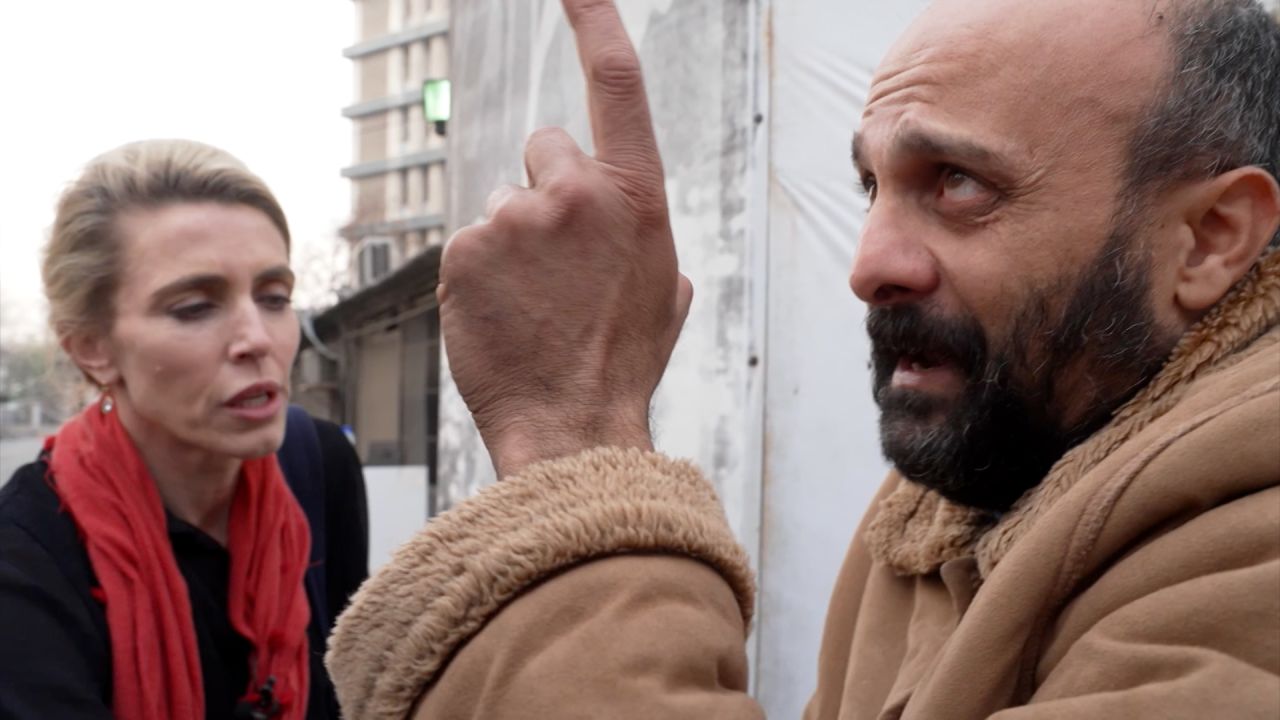An American MQ-9 Reaper drone was accidentally shot down over northern Syria on Monday by the US’ main partners in the country, the Kurdish-led Syrian Democratic Forces, multiple officials familiar with the matter told CNN.
The SDF forces thought the drone was Turkish, the officials said, and shot it down because they believed it posed a threat. Turkish-backed militants have been clashing with the US-backed SDF forces in northern Syria in recent days, in areas that have been under Kurdish control for much of the last decade.
The accidental shootdown of the multimillion-dollar drone underscores the chaotic nature of the fighting in northern Syria right now.
A US Defense Department official later told CNN “the incident was a result of friendly fire from partner forces conducting operations in the region who misidentified the unmanned aircraft as a threat.”
“U.S. Air Forces Central is actively assessing the actions that led to the incident and will adjust tactics, techniques, and procedures to safeguard U.S., Coalition, and partner forces and their associated assets,” the official added in a statement.
CNN has reached out to the SDF for comment.
Senior US officials have been in regular contact with their Turkish counterparts to urge deconfliction, and the US helped broker a ceasefire agreement on Tuesday between the SDF and the Turkey-backed forces in which the SDF agreed to withdraw from the Kurdish-controlled city of Manbij.
Some background: The SDF is largely made up of Kurdish fighters from a group known as the Peoples’ Protection Units (YPG), which is considered a terrorist organization by neighboring Turkey.
The MQ9 is remotely piloted by the US Air Force and is capable of conducting surveillance and carrying out offensive strikes. It is not clear what the drone’s mission was at the time it was shot down, but the US has continued conducting anti-ISIS operations in Syria even amid the fall of the country’s former president Bashar al-Assad.
Around 900 US military personnel remain in Syria as part of an anti-ISIS coalition that includes the SDF, and defense officials have said the US intends to maintain its presence in the country to prevent the terror group from reconstituting.
Secretary of Defense Lloyd Austin told reporters in Japan on Wednesday that the US will continue to work with the SDF going forward.
“We have a good relationship with them and I think it will remain that way,” Austin said.
This post has been updated with information from the US Defense Department.


















